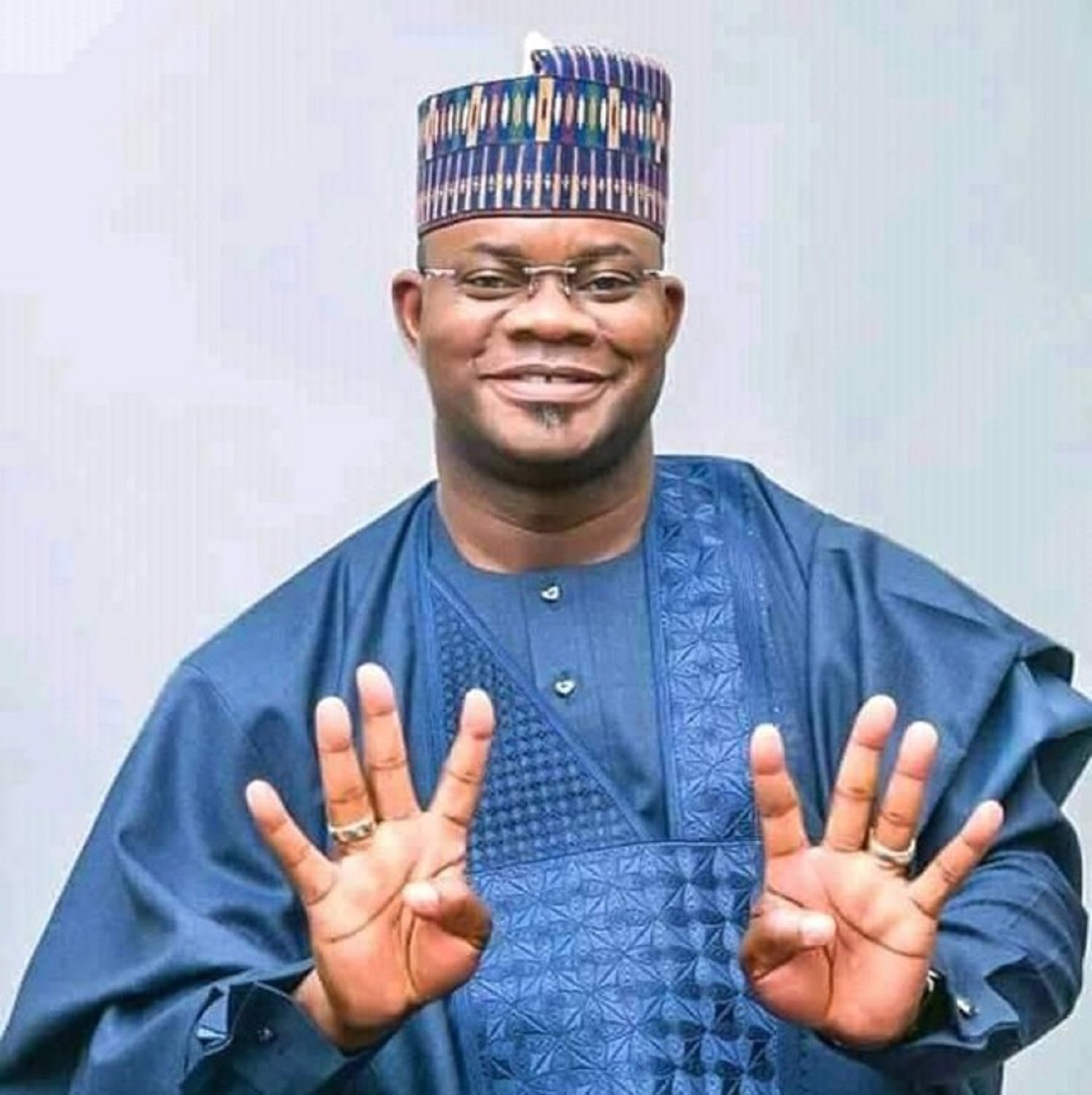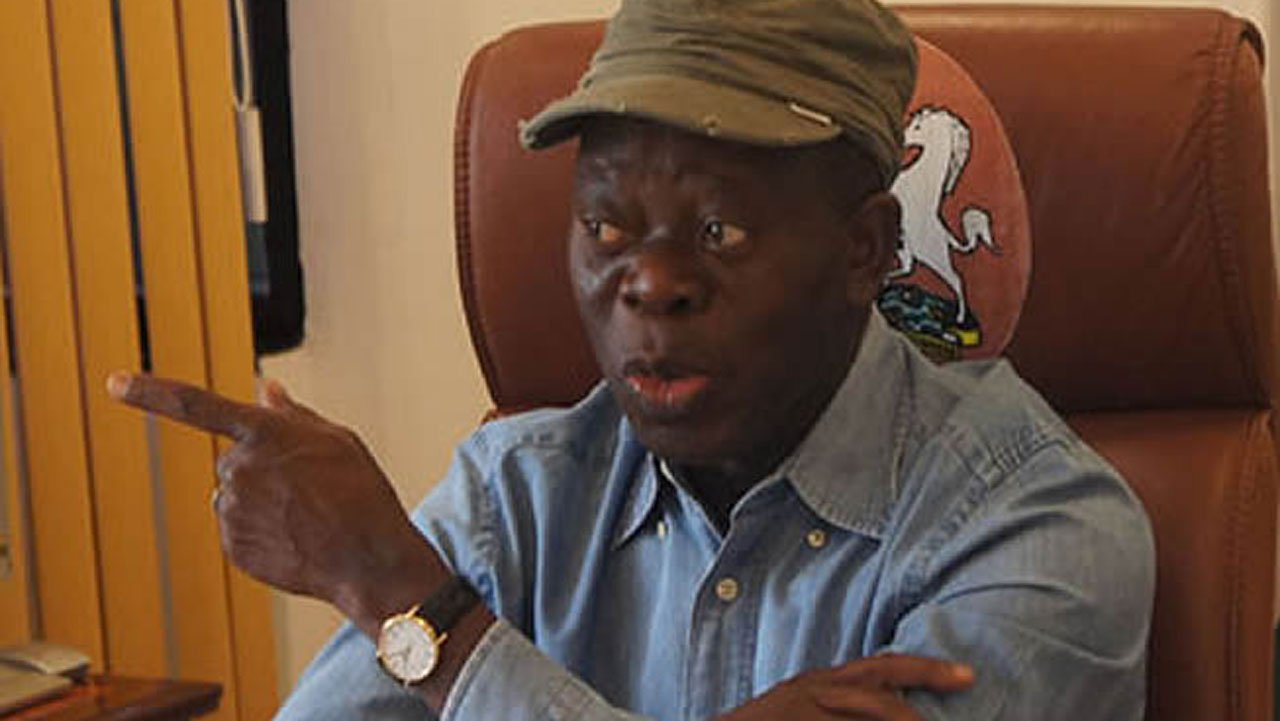The Kogi Government on Thursday began implementation of the Nigeria COVID-19 Action Recovery and Economic Stimulus (NG-CARES) programme with training of Local Government Review Committees and Desk Officers.
Dr Folashade Arike-Ayoade, Secretary to Kogi State Government, declared the training open in Lokoja.
NG-CARES programme is conceived by the Federal Government, 36 states governors and World Bank, purposely to reduce poverty and hardship occasioned by COVID-19 pandemic across the globe.
Arike-Ayoade, represented by Mr Ephraim Amurawaiye, Senior Special Assistant to Gov. Yahaya Bello, said that the training of review committee members and desk officers was targeted at building their capacities for optimal implementation of NG-CARES.
She said that the training was also targeted at building and equipping the participants with skills and knowledge to play necessary roles in rural community growth and development.
According to her, the training will pave the way for participants to know what is required in playing complementary roles on rural transformation in the state.
She said that government, through the state Community and Social Development Agency (CSDA), organised the 2022 Technical Training for Local Government Recovery Committees, Ministries and Departments.
“The aim of this training is to enable restoration of the economic and social values that are lost to the COVID-19 pandemic that ravage the world.
“This explains why the focus of the state government is toward ensuring that the programme is fully implemented in the 21 Local Government Areas (LGAs) of the state,” she said.
Earlier, the CSDA General Manager, Chief Dauda Momoh, noted that the NG-CARES programme had a two-year implementation period with the first phase involving 11 LGAs.
Momoh said that the first phase was expected to end in October, for the second phase to commence with the remaining 10 LGAs as beneficiaries.
He expressed optimism that the training would educate beneficiaries on the rudiments of execution of viable projects with the aim of improving the living standard of the rural populace.
He, however, commended development officers in the three senatorial districts for their commitment to effective supervision of projects within their communities on behalf of government. (NAN)





